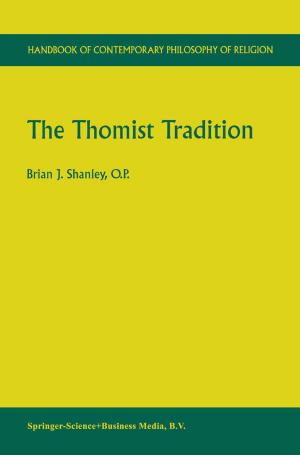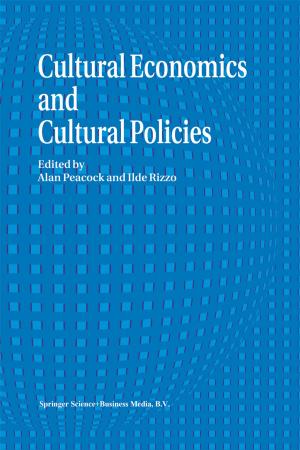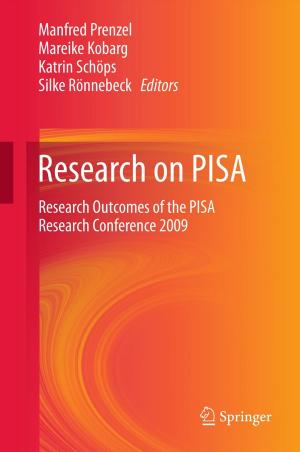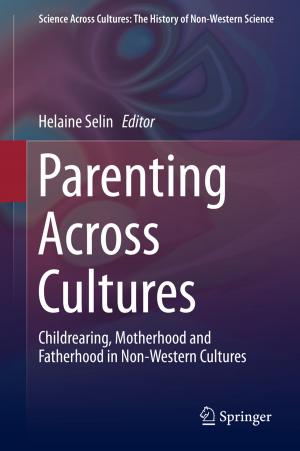Ethical Questions and International NGOs
An exchange between Philosophers and NGOs
Nonfiction, Religion & Spirituality, Philosophy, Ethics & Moral Philosophy, Social & Cultural Studies, Political Science| Author: | ISBN: | 9789048185924 | |
| Publisher: | Springer Netherlands | Publication: | March 29, 2010 |
| Imprint: | Springer | Language: | English |
| Author: | |
| ISBN: | 9789048185924 |
| Publisher: | Springer Netherlands |
| Publication: | March 29, 2010 |
| Imprint: | Springer |
| Language: | English |
In recent decades there has been a great expansion in the number, size and influence of International Non-Governmental Organisations (INGOs) involved in international relief and development. These changes have led to increased scrutiny of such organisations, and this scrutiny, together with increasing reflection by INGOs themselves and their staff on their own practice, has helped to highlight a number of pressing ethical questions such organisations face, such as: should INGOs attempt to provide emergency assistance even when doing so risks helping to fuel further conflict? How should INGOs manage any differences between their values and those of the people they seek to benefit? How open and honest should INGOs be about their own uncertainties and failures?
This book consists of sustained reflections on such questions. It derives from a workshop held at Melbourne University in July 2007 that brought together a group of people – for the most part, reflective practitioners and moral and political philosophers – to discuss such questions. It explores honestly some of the current challenges and dilemmas that INGOs face, and also suggests some new ideas for meeting these challenges. Our hope is that the kind of explicit reflection on the ethical issues INGOs face exemplified in this publication will help to promote a wider debate about these issues, a debate that in turn will help INGO managers and others to make better, wiser, more ethically informed decisions.
In recent decades there has been a great expansion in the number, size and influence of International Non-Governmental Organisations (INGOs) involved in international relief and development. These changes have led to increased scrutiny of such organisations, and this scrutiny, together with increasing reflection by INGOs themselves and their staff on their own practice, has helped to highlight a number of pressing ethical questions such organisations face, such as: should INGOs attempt to provide emergency assistance even when doing so risks helping to fuel further conflict? How should INGOs manage any differences between their values and those of the people they seek to benefit? How open and honest should INGOs be about their own uncertainties and failures?
This book consists of sustained reflections on such questions. It derives from a workshop held at Melbourne University in July 2007 that brought together a group of people – for the most part, reflective practitioners and moral and political philosophers – to discuss such questions. It explores honestly some of the current challenges and dilemmas that INGOs face, and also suggests some new ideas for meeting these challenges. Our hope is that the kind of explicit reflection on the ethical issues INGOs face exemplified in this publication will help to promote a wider debate about these issues, a debate that in turn will help INGO managers and others to make better, wiser, more ethically informed decisions.















